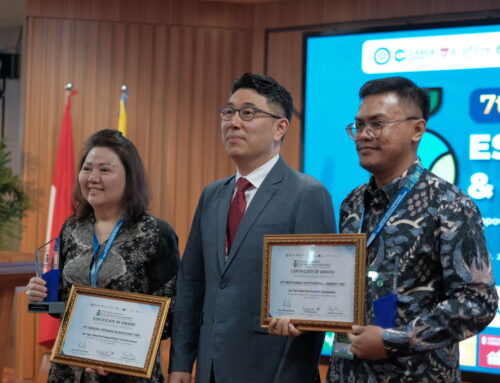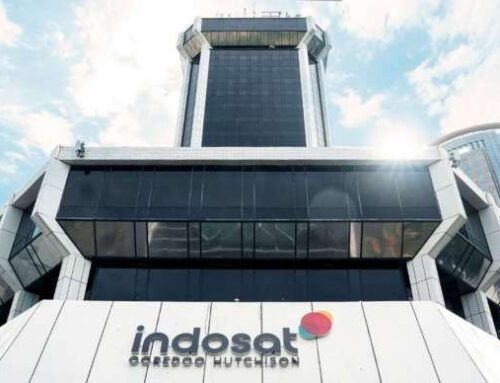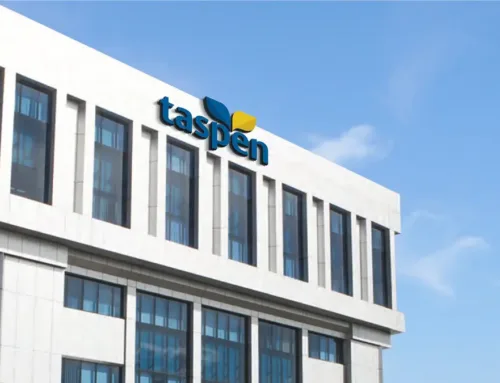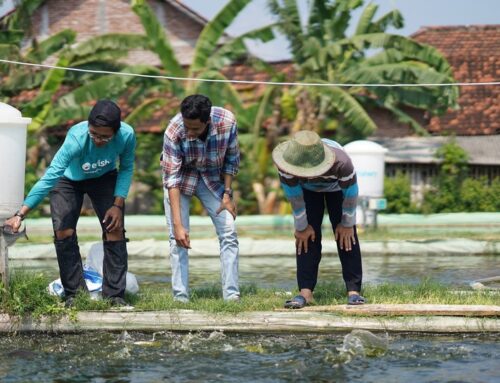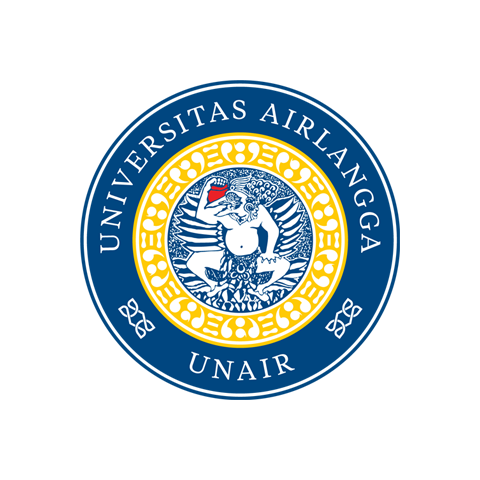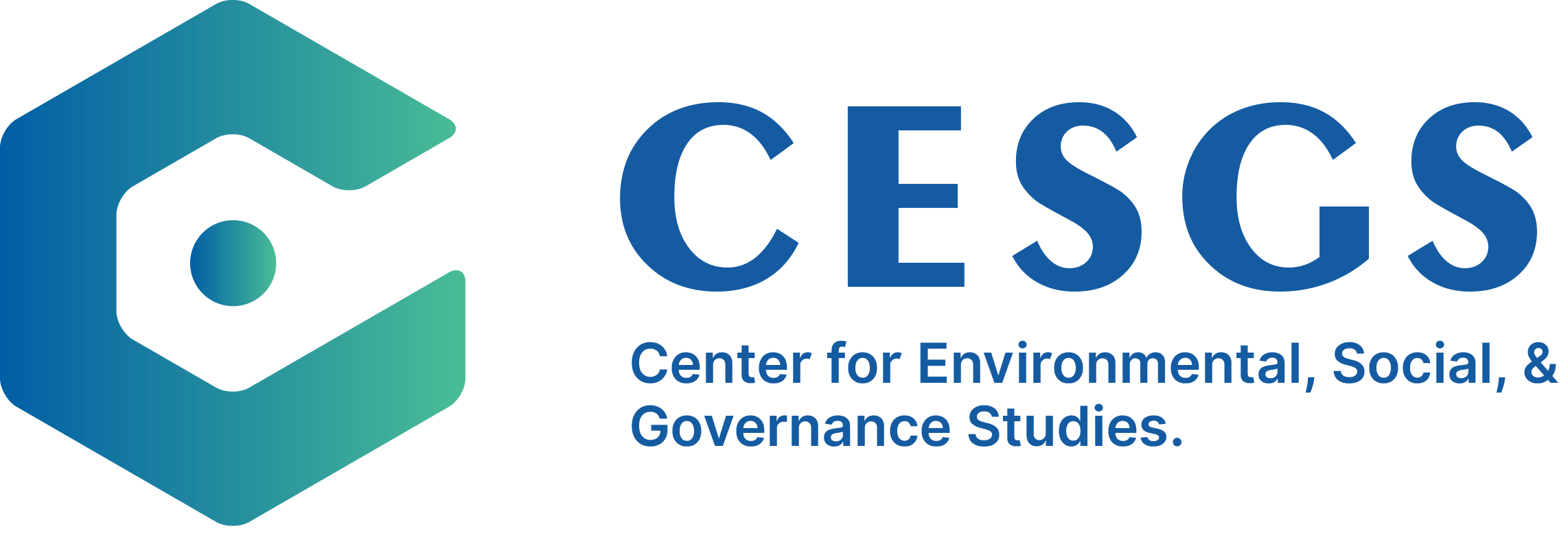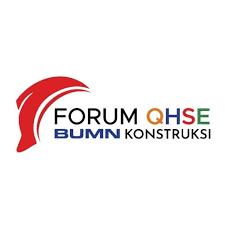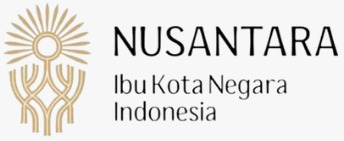
Measuring ESG in South Korea
In recent years, many ESG rating agencies have been established worldwide to guide investors as to where their money is best spent. They use environment-, social-, and governance-related indicators to measure a company’s sustainability.
“It is no longer enough for investors to see that a company is making big money,” explains Jay Hyuk Rhee, professor of business administration at Korea University in Seoul. Consumers are looking for environmentally conscious companies, while robust governance structures are necessary for their future sustainability.
But the ESG rating landscape can be confusing. Agencies use a variety of evaluation methods and emphasize different indicators, of which there are thousands. This often makes it difficult for companies to understand why they have been given a certain rating or what they can do to improve their ESG measures. “There have been a lot of complaints from South Korean companies,” says Rhee.
To address this, South Korea’s Ministry of Trade, Industry and Energy (MOTIE) released its K-ESG guidelines on 1 December 2021 as part of the government’s ESG Infrastructure Expansion Plan. The guidelines provide transparent and detailed criteria to empower companies to evaluate their own ESG performance.
Over three years, Rhee led a team of experts, including representatives from the Korea Productivity Center and the Korea Society of Strategic Management, and consulted with ESG-related government offices, to analyse more than 3,000 ESG indicators and measurement criteria from 13 major South Korean and global evaluation and information disclosure agencies. The analyses led to the consolidation of 61 core indicators that comply with global ESG standards.
The indicators are spread over the expected categories of environment, social and governance measures; but also include five indicators related to information disclosure.
The K-ESG environment indicators include items related to eco-label certifications, implementation of environmental laws, greenhouse gas emissions, waste and pollutant production and recycling rates. The social indicators measure things like socially responsible management practices, industrial safety and diversity in the workforce. Finally, there are 17 governance indicators related to board composition, shareholder rights, auditing and ethical management.
Each indicator is explained in detail, with resources provided to help organizations evaluate their performance and implement more ESG-compliant practices.
Rhee stresses that the K-ESG guidelines reflect the core issues of global ESG standards. “If South Korean corporations score well with these guidelines, they will be well evaluated by rating agencies,” he says.
They also make it easierfor companies to self-assess, giving them an opportunity to adjust their systems and improve their sustainability.
In May 2022, Yoon Suk-yeol’s presidential transition committee announced it would take on 110 national tasks that are largely focused on revitalising the country’s economy. One task, supervised by MOTIE, will aim to promote sustainable growth, business growth and expansion of social value-linked models, including ESG.
Rhee expects the new administration will work on improving the K-ESG guidelines and developing specific criteria for companies in different sectors and for small- and medium-sized enterprises.
“We have a new era of ESG practices in South Korea,” says Rhee. “There will be big opportunities for corporations that are willing to pay attention to and become leaders.”

